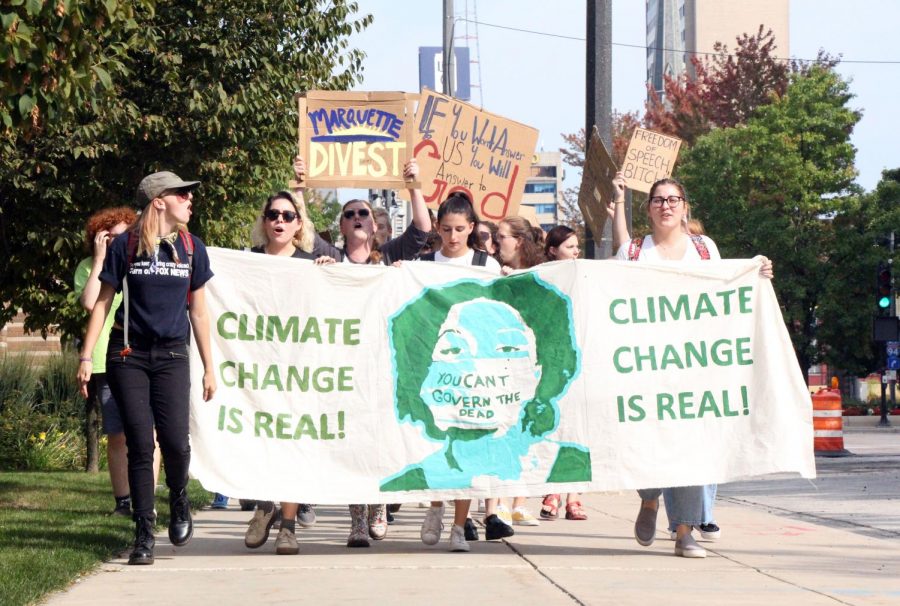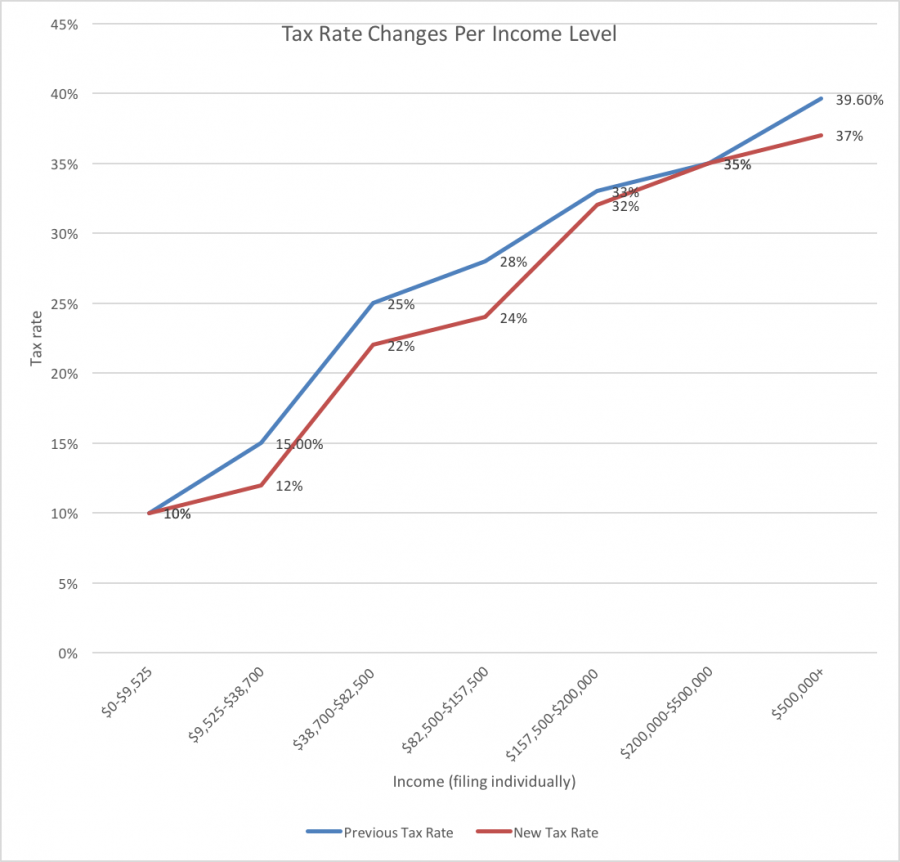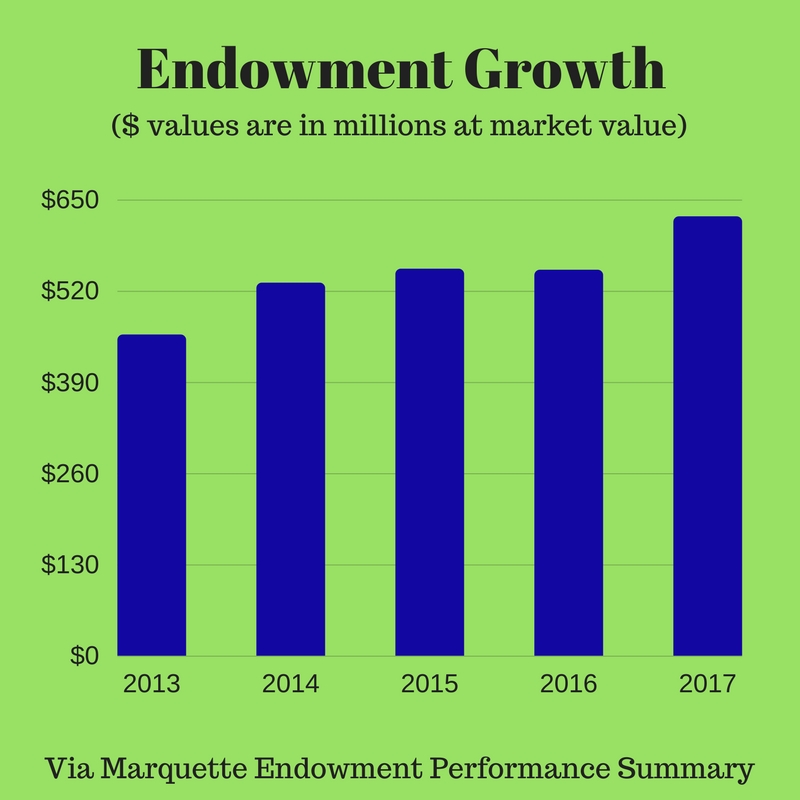Wisconsin has the eighth-highest taxes on businesses in the U.S., according to the 2013 State Business Tax Climate Index report released earlier this month by the Tax Foundation, a nonpartisan research organization. The report indicated Wisconsin is one of the least hospitable states for businesses based on its tax rate. This ranking is unchanged from last year.
The Tax Foundation uses a combination of variables including corporate income, individual income, sales, unemployment insurance and property taxes to determine states’ rankings.
“Relatively high business taxes influence business (and) where and how much businesses invest, but it is only one of several factors,” Marquette political science professor Duane Swank said. “If a state or national government provides public goods that help business – a good infrastructure, healthy and well-educated workforce, and an environment of high consumer demand – businesses will invest and bear the higher taxes that pay for these public goods.”
Swank said governors and state legislatures, which set the business tax rates, are constrained by the need for tax revenue and the interests of different groups, among other factors.
Marquette associate professor of economics Andrew Hanson said higher taxes can have a variety of effects on businesses and consumers.
“If taxes are high, it might prevent businesses from doing some of the things that they might otherwise do – maybe hire more workers, or lower prices for consumers, maybe pay out higher profits to shareholders, maybe move into Wisconsin from other areas,” Hanson said. “Another possibility is that the higher taxes levied on businesses are passed on to consumers in the form of higher prices for goods and services, or lower wages for workers.”
Wyoming, Florida and Texas had the best tax climates, while California, New Jersey and New York had the worst. Wyoming has no corporate or individual state tax, aiding in its high ranking. Swank said Republican-led states generally have lower business tax rates than Democratic-led states.
Of the top 10 states with the best tax climate indicated by the report, all but Nevada, Washington, and New Hampshire are traditionally Republican states.
The business tax rates may make the job search more difficult for Marquette students following graduation.
“Marquette students … have an interest in both public goods and a good economic environment for investment and jobs. The right level of business taxes influences these two goals,” Swank said.
Hanson offered another reason students should be cognizant of the corporate tax rate.
“(Marquette students) are concerned with what businesses do when they are subject to higher taxes – that the incentive effects might be large, or that the taxes may be passed down to them in the ways I mentioned above,” Hanson said. “While students do not directly pay a corporate income tax if they do not own a corporation, they may indirectly pay them by having fewer jobs available, or jobs with lower wages, or pay higher prices for the goods and services they want to consume.”






peter • Oct 25, 2012 at 9:48 am
options
granted by the company in the purchase of insurance is the opportunity
for customers where competition is greater and will also demand the
possibility of having the client choose the insurance that best fits
your needs